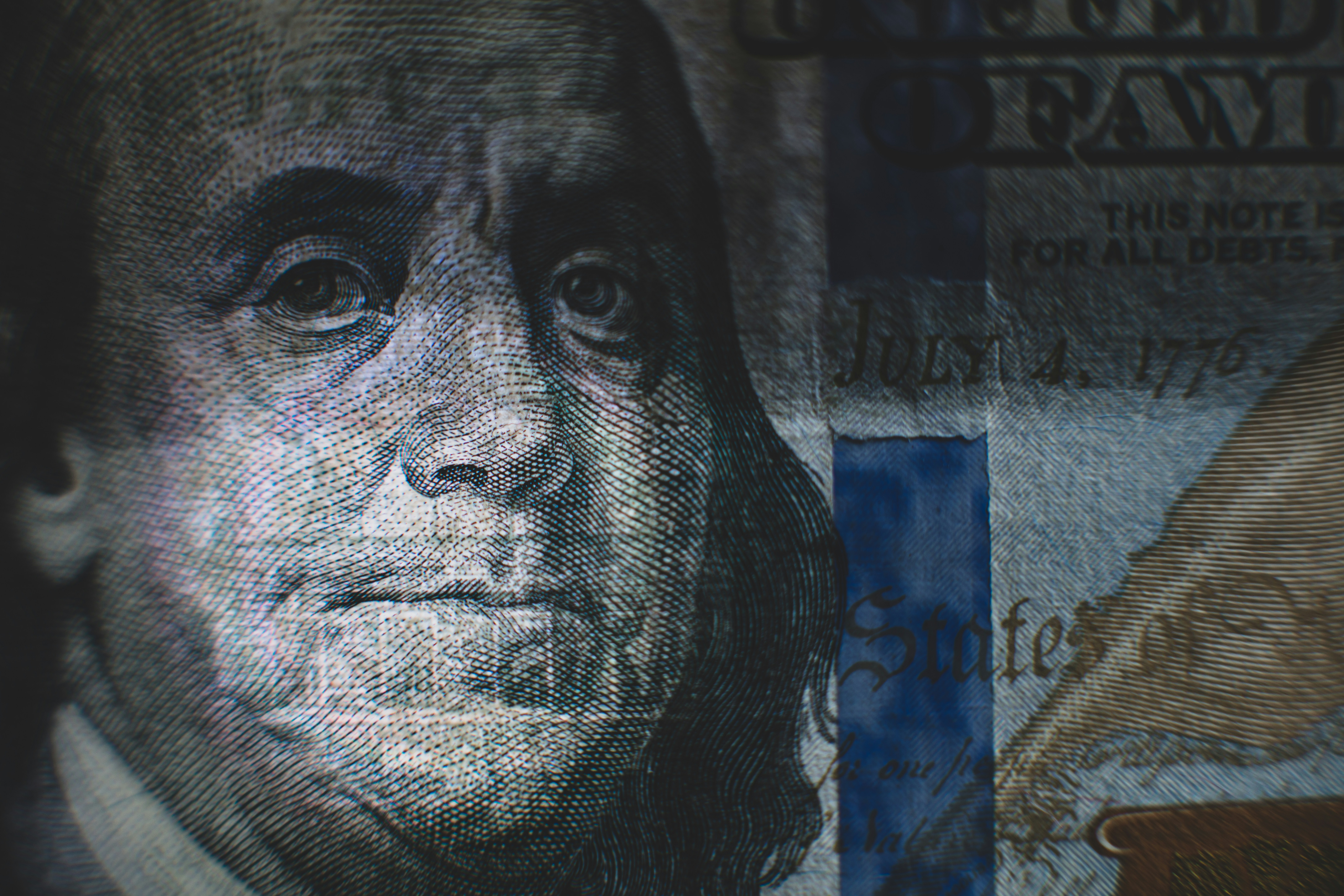By Daniel Desrochers.
The Kansas City Star, (via TNS).
The U.S. House of Representatives on Wednesday voted overwhelmingly to force a sale of the popular social media app TikTok, part of a wider push by Congress to ban an app that national security officials have claimed is a national security threat because of its potential ties to the Chinese Communist Party.
Most of the members from Kansas and Missouri joined the 352 representatives who voted for the bill. Rep. Cori Bush, a St. Louis Democrat, was among the 65 members who opposed the bill. Rep. Ann Wagner, a St. Louis County Republican, did not vote.
Called the Protecting Americans from Foreign Adversary Controlled Applications Act, the bill would prevent “foreign adversaries,” like China, from having ownership in applications like TikTok. The bill would force ByteDance, a Chinese company headquartered in Beijing, to sell off the company or face a potential ban in the U.S.
The app has become one of the most popular social media sites in the U.S. and has helped launch the careers of popstars and influencers. But for more than two years, officials in the Biden administration have warned that TikTok is a potential national security threat because of its Chinese ownership.
Others have expressed concern that the app could be used to influence the 2024 presidential election, potentially by ratcheting up existing political polarization.
Rep. Mark Alford, a Missouri Republican who was a co-sponsor on the bill, said its passage was a step to secure America’s national security from the threat of China.
“We are no longer in the world of 50 or 100 years ago; our world is driven by technology, algorithms, data, and information. Our nation is in the middle of an information war,” Alford said. “TikTok is at the center of that battle. This is a spy tool, created and designed by the Chinese Communist Party to monitor every American, influence behaviors, and shape the future of our next generation.”
But some House members worried that the bill, because it effectively targets one private company, went too far. Rep. Thomas Massie, a Kentucky Republican, argued that the bill would just help Facebook, because it would eliminate one of their chief rivals.
For the past week, lawmakers have been receiving calls from users – at the prompting of the app – urging them to vote against the bill. In a post on X, TikTok claimed the process was secret, even though lawmakers held a committee vote on the bill last week before bringing it to the floor Wednesday.
“This process was secret and the bill was jammed through for one reason: it’s a ban,” the statement said. “We are hopeful that the Senate will consider the facts, listen to their constituents, and realize the impact on the economy, 7 million small businesses, and the 170 million Americans who use our service.”
Over the past few years, Republicans have increasingly sought to try and block Chinese companies, particularly when it comes to foreign ownership of farmland. But calls to ban TikTok have picked up bipartisan support.
President Joe Biden signed a law in 2022 that banned TikTok from government devices, as has Gov. Laura Kelly, in Kansas.
The Biden administration has indicated it supports the bill – and that Biden would sign it if it reaches his desk – but has still sought some changes to its language.
“Do we want TikTok, as a platform, to be owned by an American company or owned by China?” said Jake Sullivan, the U.S. National Security Advisor. “Do we want the data from TikTok – children’s data, adults’ data – to be staying here in America or going to China? That is the fundamental question at issue here.”
Still, the bill has to make it through the Senate. Sen. Jerry Moran, a Kansas Republican, has cosponsored a Senate attempt at getting rid of TikTok, which would hand the authority over to the executive branch to ban the app if it showed a national security threat.
He said on Tuesday that he supports banning TikTok, but said lawmakers still need to figure out the best approach to limiting the app’s power.
“TikTok is a problem,” Moran said. “Something needs to happen.”
Sen. Josh Hawley, who has frequently called on Congress to ban TikTok, said he doesn’t think the Senate will pass the bill.
“I think at the moment nothing will work in the Senate because the Senate is bought and paid for by Big Tech,” Hawley said. “The Senate ought to have a sign on the door that says ‘bought and paid for by Big Tech.’”
©2024 The Kansas City Star. Visit kansascity.com. Distributed by Tribune Content Agency, LLC.
Thanks for reading CPA Practice Advisor!
Subscribe Already registered? Log In
Need more information? Read the FAQs



